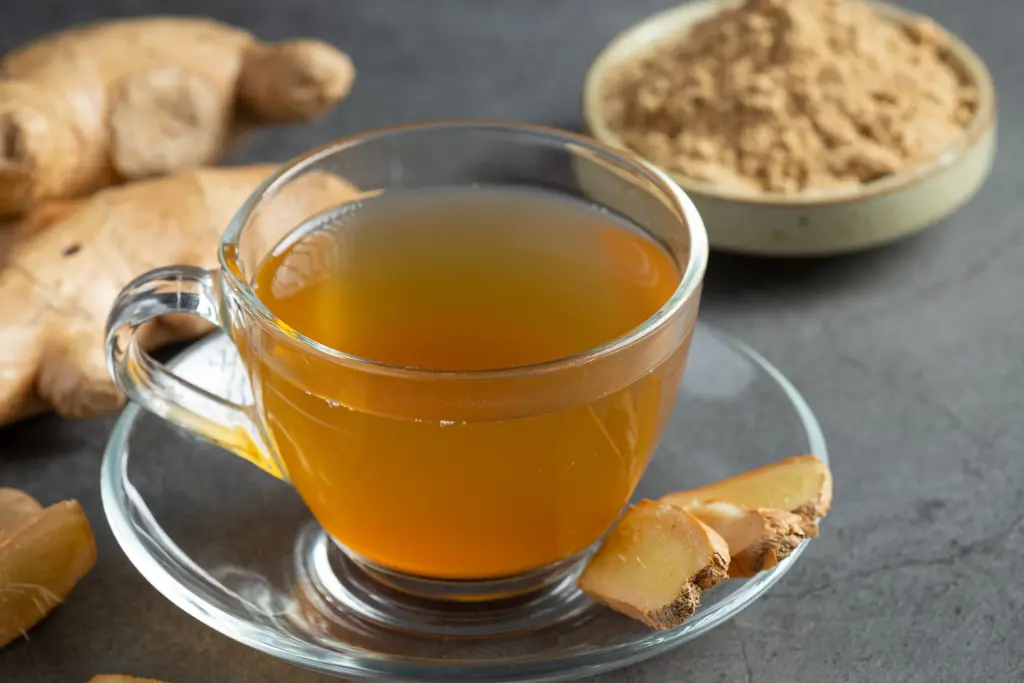
Hydration Strategy for High AQI: When the AQI turns red or purple, most people think of masks, purifiers, or staying indoors. However, one key protector often gets overlooked: hydration. High pollution makes your body work harder to handle toxins, and your lungs, skin, and kidneys need extra support. A smart hydration strategy is key; it’s not just what you drink, but how.
Why does hydration matter more in high AQI?
Dry, polluted air dehydrates your throat and airways. Your kidneys also need adequate water to help flush harmful particles from the body. Staying well-hydrated can temper inflammation and keep nasal passages moist, improving their ability to trap and block pollutants.
Also Read | How much water should you drink daily to lose weight?
Here’s how to hydrate well amid high pollution:
Electrolytes:
Electrolytes are minerals that help keep your body’s fluids balanced. During pollution stress, your cells rely on them even more for supporting nerve function, muscle performance, and healthy breathing. Adequate electrolytes can also help curb fatigue and weakness. Simple sources include coconut water, fruits like bananas and oranges (potassium), and magnesium-rich foods such as nuts and seeds.
Herbal teas:
Herbal teas do more than hydrate. They deliver plant compounds that calm inflammation and support respiratory health. Tulsi tea can bolster immunity and soothe the airways, while ginger tea eases throat irritation. Green tea is rich in antioxidants that help counter pollution-related oxidative stress. In the evening, choose caffeine-free blends to avoid disrupting sleep.

Extra hydration-friendly foods:
Liquids aren’t the only way to stay hydrated. Add water-rich foods that also provide nutrients:
- Fruits: Watermelon, oranges, papaya, pears.
- Vegetables: Cucumber, tomatoes, zucchini.
- Soups & broths: Light, warm, and soothing for irritated airways.
Timing:
Begin your day by drinking warm lemon water or cumin (jeera) water to gently stimulate your digestion. By mid-morning, sip coconut water or a light electrolyte drink for minerals. In the afternoon, choose a soothing herbal tea, and in the early evening, add green tea for an antioxidant boost. Before bed, opt for warm water or chamomile tea for calm, light hydration.
Different hydration options:
| Hydration | Benefit in high AQI | When to use |
| Plain water | Keeps airways moist | Sipped throughout the day |
| Electrolytes | Replaces minerals, reduces fatigue | Morning or mid-morning |
| Herbal teas | Anti-inflammatory, soothes throat | Afternoon & evening |
| Fruits or vegetables | Adds fluids & antioxidants | With meals/snacks |
Extra lifestyle support for hydration:
- Steam inhalation: Keeps nasal passages moist and clears particles.
- Nasal oil drops (nasya): Prevents dryness from polluted air.
- Balanced meals: Pair hydration with antioxidant-rich foods (like turmeric, garlic, spinach).
- Regular breaks: If indoors with AC or a heater, sip water every hour.
When to seek medical help:
Hydration helps, but consult a doctor if you notice:
- Persistent cough or wheezing.
- Shortness of breath.
- Dizziness despite drinking fluids.
- Unusual fatigue.
Also Read | How much water should you drink for glowing skin?
When AQI is high, masks and purifiers are essential, but so is smart hydration. Planned fluids, electrolytes, and herbal teas, timed throughout the day, help your lungs, skin, and kidneys cope and keep you resilient against environmental stress.








